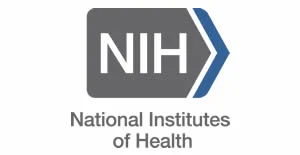RSS feed source: National Institute of Health
Protecting Human Genomic Data when Developing Generative Artificial Intelligence Tools and Applications
Artificial intelligence (AI) tools and applications are proving to be transformative for driving new biomedical research advances. While development and use of generative AI is becoming increasingly prevalent, NIH urges the research community to remain vigilant of potential risks of inadvertent data disclosure when sharing AI tools and applications. Specifically, NIH reminds researchers that:
The Genomic Data Sharing (GDS) Policy and the subsequent Data Use Certification (DUC) Agreement prohibit users from distributing controlled-access data (including genomic or associated data) or their Data Derivatives to any entity or individual not identified in their Data Access Request without appropriate written approvals from the NIH. Sharing, retaining, or training generative AI models using controlled-access human genomic data may risk disclosing controlled-access data and, thus, violates the Non-Transferability provision of
Click this link to continue reading the article on the source website.

